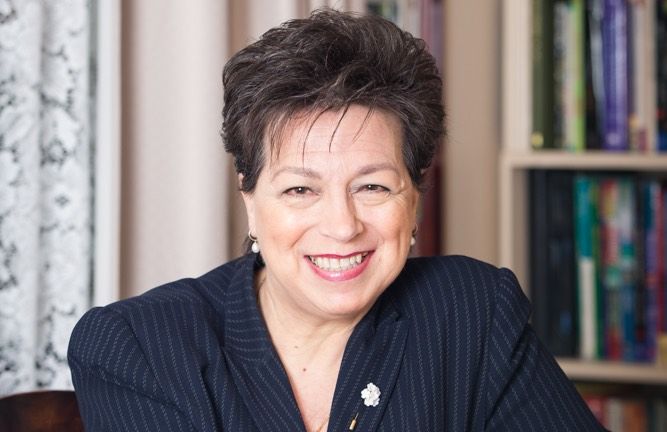We're working with your GP to help you stay well/
About screening/
Bowel cancer is the second biggest cancer killer in Australia, however it can be prevented if you are proactive about your health and screen regularly. We urge you to take the test – it might just save your life.
The older you are, the greater your chance of developing bowel cancer. From the age of 50 most people should complete a bowel screening test at least every two years. The simple at-home screening test looks for blood in your bowel movement that is invisible to the naked eye and can be caused by a number of bowel conditions. It does not test for cancer.
Most test kits contain a collection stick or brush used to take a small sample from two separate bowel movements. Once completed, the sample is returned to the pathology laboratory by post, or to your GP, as directed. Results are sent directly to you and to the GP you nominate on the form provided.
Test results/
Only about 7% of people will have a positive test result, which is most likely due to conditions other than cancer such as haemorrhoids or inflammation of the bowel.
There is a 30-45% chance of the cause being due to polyps (pre-cancerous growths in the bowel), and less than 10% chance of the cause being bowel cancer.
If your result is positive you should make an appointment with your GP. You will generally be referred to a gastroenterologist for a follow up colonoscopy. A colonoscopy is a procedure to visually examine the bowel that takes 20 to 30 minutes. You will usually be able to go home two hours later, after the effect of the sedation wears off.
A negative test result indicates that no blood was detected in your bowel movement. It is important to note however that screening tests are not always 100% accurate, particularly because cancers and precancerous growths only bleed intermittently. The test should be repeated at least every two years to increase the chances of early detection.
You should consult your GP if symptoms develop, regardless of the screening test result.
Lucy's story/

Being healthy and energetic, I didn’t give bowel cancer a second thought. I have no family history of bowel cancer and no symptoms whatsoever.
To my surprise, my screening test was positive. A follow up colonoscopy revealed I had early stage bowel cancer that was successfully removed during surgery. I was lucky. If I had waited, it would have been too late for me.
Where to get a screening test/
Free screening tests/
- The National Bowel Cancer Screening Program (NBCSP) invites Australians aged over 50 to screen for bowel cancer using a free, simple test at home. By 2020 the NBCSP will be available to all Australians every two years from age 50 to 74. For more information on the NBCSP, click here.
- Your GP can provide you with a test kit, the cost of which is usually covered by Medicare.
Purchase a screening test/
The ColoVantage Home test is available from many GPs, pharmacies or online for $39.95. To purchase, go to www.colovantage.com.au
To complete this test you simply brush the surface of the bowel motion and swab the water onto a test card, which some people prefer. There is also no requirement to prepare the toilet bowl before using the toilet or refrigerate samples.
Many health funds provide a rebate for the full cost of the test. Alternatively, a Medicare benefit of up to $15.20 is usually available for the pathology fee payable on ColoVantage Home tests obtained from your GP.



